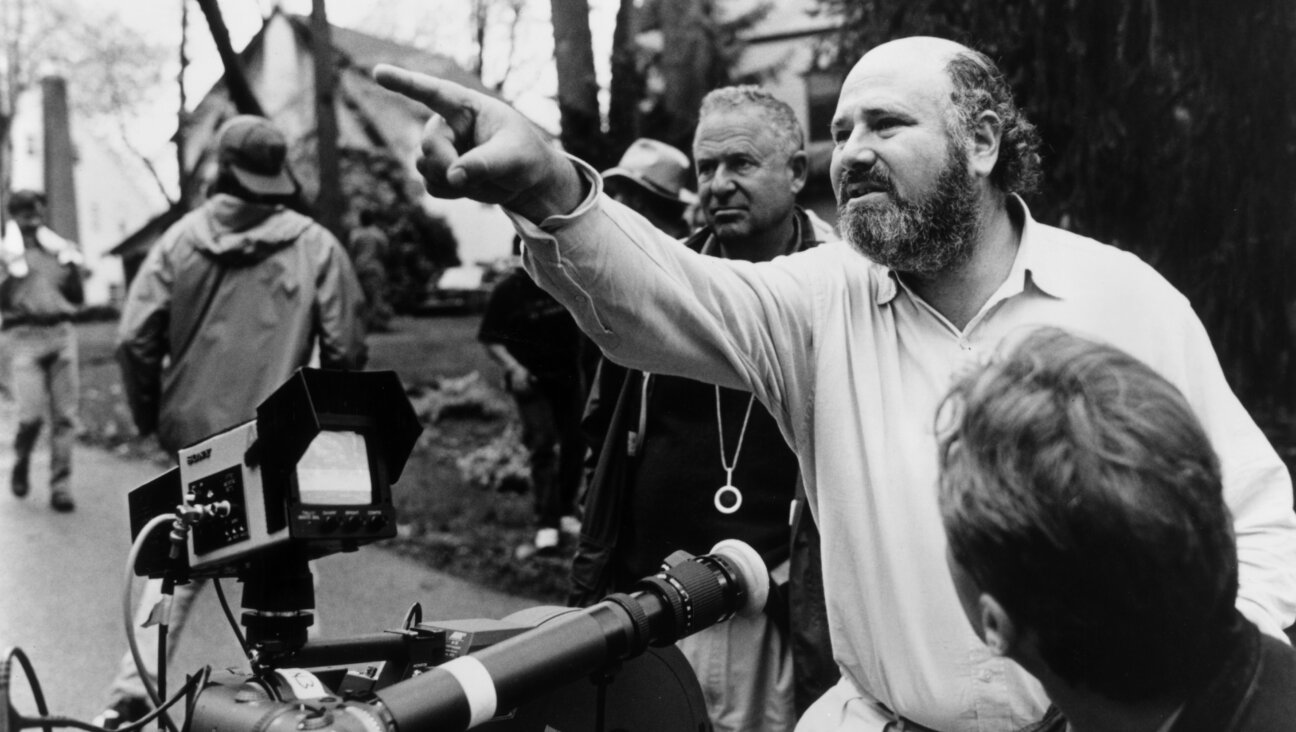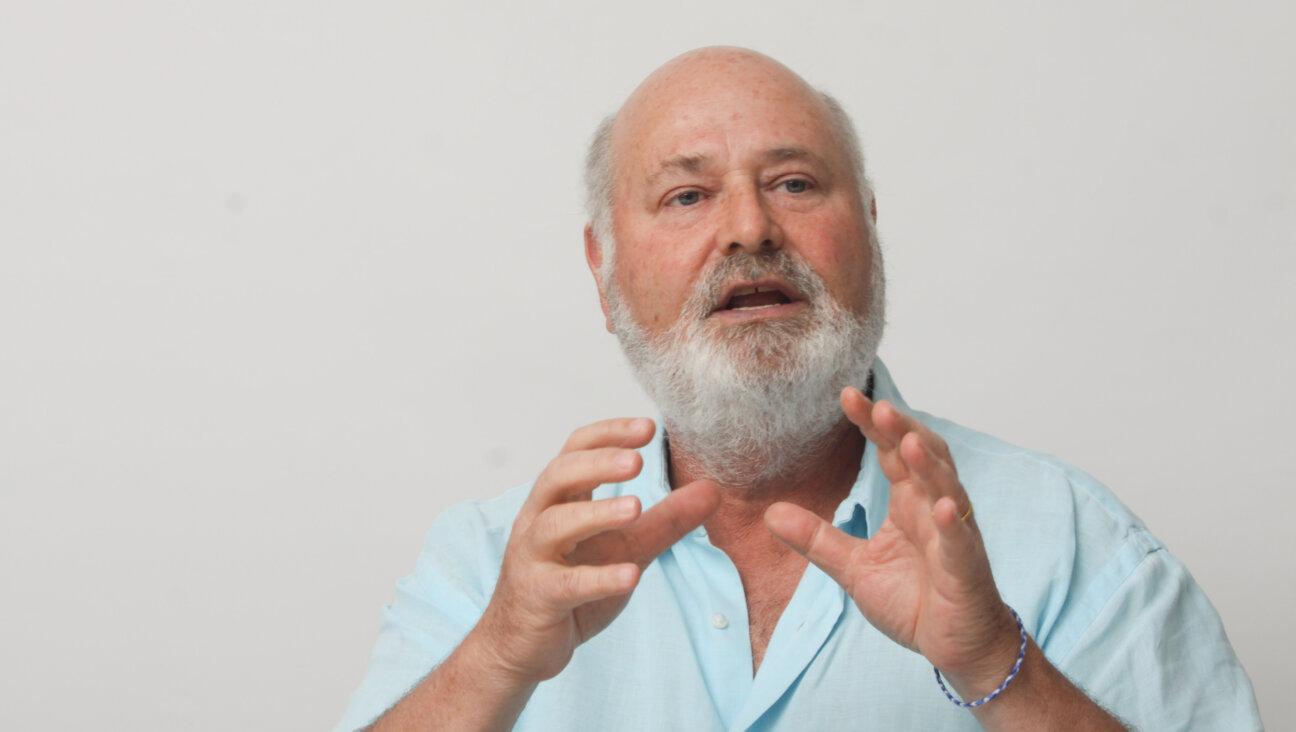Bridging a Rift Between Israelis and Americans
Outside a velvet rope on a recent fall evening last month, three dark-haired men tossed their cigarettes, passed a security check and queued up to pay a cover charge. They were chatting in Hebrew about a hot new software program as they entered the club, where a celebrity D.J. dubbed “Van Jee” was spinning tunes for a mostly Israeli crowd.
As a waitress passed apples and honey on an oversized serving tray, and the room filled to capacity, friends toasted the Jewish New Year. But more than just a holiday party, the purpose of the gathering was to connect two groups that should be connecting, but somehow just aren’t: Israelis living in America, and American Jews.
“What would I have with an American girl who wants to live in a doorman building on Fifth Avenue?” pondered one Israeli gentleman to his drinking partner at a recent event.
This is just the kind of cultural rift that the event’s sponsor, a year-old social network called Dor Chadash, wants to heal. Israelis tend to feel more comfortable than Americans discussing anything from their tax returns to their marriages, believe strongly in popping in for a visit, even if it’s 10 p.m., and scoff at the American system of honor rolls and charity dinners. And hailing from a place where even Shavuot is a national holiday, many Israelis see Judaism as something inside, not something they need to attend a synagogue or a community center to absorb.
“Many Jewish organizations seek to engage Jews through what I call ‘checkbook Judaism,’” said founder and chairperson David Borowich. “For Israelis who have already given over three years of their lives in defense of the State of Israel, this strikes them as out of touch.”
Dor Chadash is hoping to bring the two groups back in touch, with cultural events surrounding their mutual interests: the Jewish calendar and Israel. Dor Chadash is reaching out to Israeli and American Jewish professionals who aren’t sure where to meet new friends, and how, if at all, to celebrate their holidays and culture.
“Israelis aren’t great at meeting Americans,” said 30-year-old lawyer Alon Ziv, originally from Ramat Gan.
“Israelis socialize together and are insular,” agreed Tel Aviv native Keren Shulman Bar On, who moved to New York with her husband a year and a half ago. Despite her position as a marketing director in an animation-advertising firm, the attractive 30-year-old said she feels like a foreigner here, especially around the holidays.
On the American front, Dor Chadash attracts locals by offering what they hope is an authentic taste of Israel: speakers like former U.S. ambassador to Israel Martin Indyk, Israeli film screenings and, of course, Israelis, who turn out in considerable numbers at the events.
That last item appears to be a top draw. “There is so much depth and emotion to their thoughts,” said a 30-something American who said she attends the events to meet Israelis and exchange ideas.
Geared toward the 25 to 45 set, the organization has set itself apart in the sea of Jewish philanthropic and “young professional” groups by bringing in big numbers. In a packed social circuit in which a half-dozen events can compete in an evening, Dor Chadash has managed to attract hundreds, sometimes even thousands. Last April, in a defining moment, more than 3,000 people turned out to celebrate Israel Independence Day.
In May, theme was “Stay the Night,” an all-night learning program co-run by Ruth Calderon of Tel Aviv’s Alma College, which seeks to bring Judaism to secular Israelis. Mixing lectures, film screenings and performances along with socializing, the event drew 1,700 to the JCC of Manhattan.
But it’s not all parties. Dor Chadash — its leaders want it to be considered a “movement,” not an organization — is structured around three events per month: a social party, an educational panel or lecture, and a cultural event, such as a concert or a film screening. The group does not send invites by mail, communicating with members solely via an interactive Web site and mass e-mails. One event currently in the works is a series of private dinner parties called “Dinner With Strangers,” in which Americans and Israelis will sit at a table together and discuss pre-assigned reading material.
And at a recent panel discussion, an audience of more than 100 gathered at Bnai Zion House in Manhattan to talk about such topics as what a Jewish state is, whether religion is relevant today and why one would choose to live in Israel.
“The atmosphere is warm,” said Miriam Eljas, editor-in-chief of The Blueprint, a monthly newspaper that chronicles New York City events for the young and Jewish. “There’s Hebrew and English, and no other organization is trying to do this. There was an empty seat, and they filled it.”
Esther Kremer lives in New York City and is an editor at an international book publishing house.















